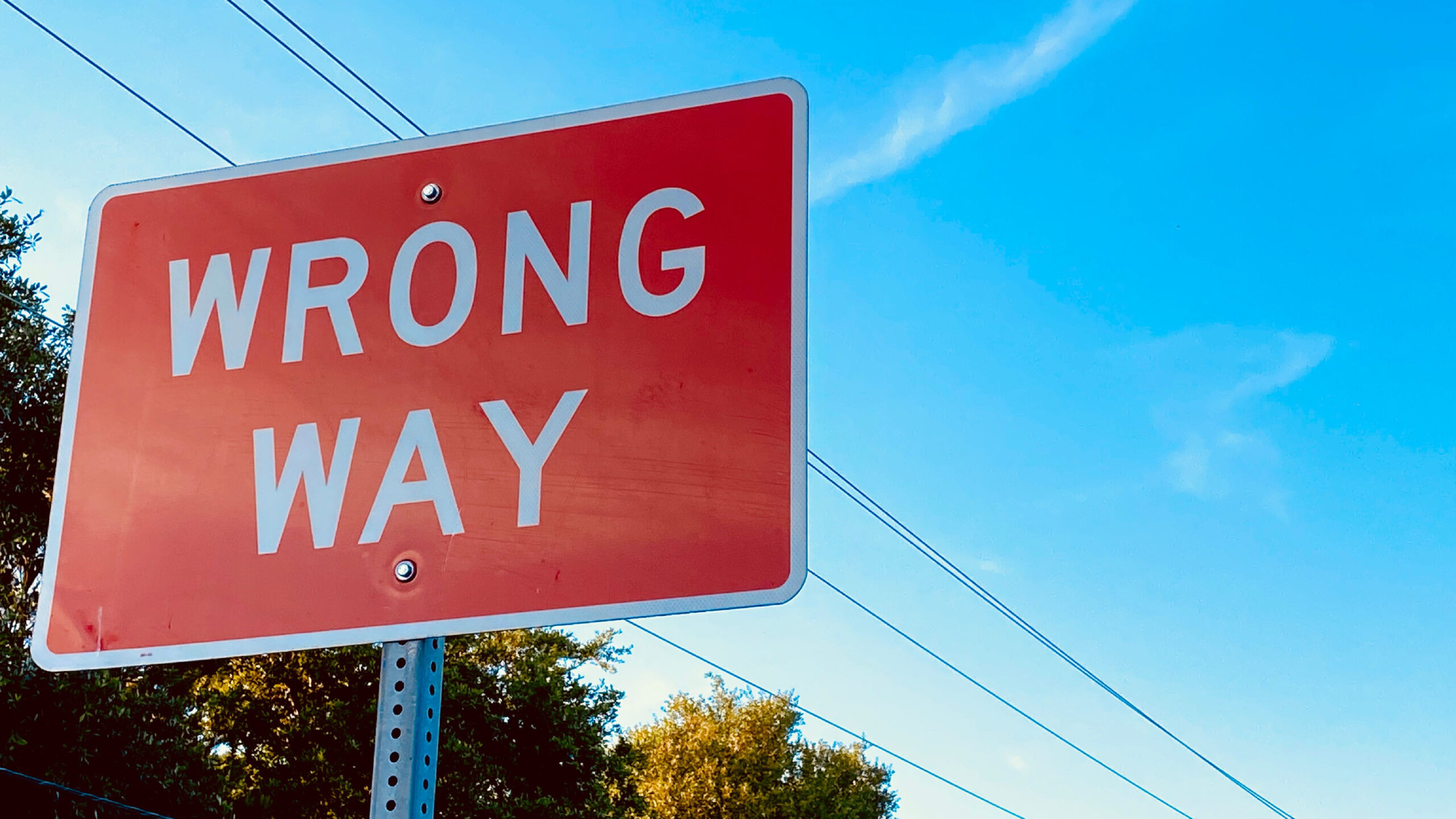Online Marketplaces: What EU Lawmakers Will Look at Next

Rules for online marketplaces in Europe are being updated, most notably under the new Digital Services Act (DSA). Here’s what EU lawmakers will be looking at next.
Implementing the Digital Services Act: from political rhetoric to reality
Online marketplaces will have to start implementing the DSA in the next few months. The DSA contains a specific chapter dedicated to marketplaces. Two provisions will probably raise questions as they rely on concepts that remain open to interpretation. First of all, marketplaces will have to make “best efforts” to assess the reliability of the information provided by their sellers. Secondly, they need to make “reasonable efforts” to perform random checks to see if products or services on offer were previously identified as illegal.
Another challenge will be figuring out what the European Commission’s definition of “active users” actually entails. Who should be considered an active user of an online marketplace? Is it a viewer that stumbles upon a website, someone logged in, or an actual buyer? The number of active users is essential, as the Commission will use it to decide whether a marketplace is a so-called “very large online platform” (VLOP) – defined as those having at least 45 million active users in the EU – or not. And under the DSA, those VLOPs will have many more obligations to meet and rules to implement than others and less time to do so.
Finalising new EU product safety rules: keep obligations realistic
The General Product Safety Regulation (GPSR) introduces specific obligations for online marketplaces. As these new EU product safety rules are now in the final stage of negotiations between the European Parliament and the Council, there are a couple of important issues to keep in mind:
The amount of time a marketplace gets to respond to notices from users that flag potential safety-related issues is set to decrease from five to three working days under the new rules. However, given that consumers obviously are not experts in product safety these notices are usually not that precise nor very reliable. They cannot be taken at face value and usually require further investigation. Indeed, practice shows that online marketplaces need more time to investigate notices than the three days currently on the table. Otherwise, it will not be possible for them to only remove unsafe products, leading to the over-removal of safe products – which would penalise legitimate traders and reduce consumer choice.
The revised GPSR will also oblige marketplaces to remove all products that were previously flagged as unsafe if the uploaded content is identical and doesn’t require additional research (the so-called “stay-down obligation”). However, automated tools to detect identical products have their limitations, since listings vary depending on the information provided by the trader (such as photos and descriptions). If not adapted to reality, also this obligation could result in unintended consequences for reputable traders and consumers alike.
Revising EU liability framework: appropriate responsibilities for marketplaces
On 28 September, the European Commission is due to present its proposal to reform the Product Liability Directive (PLD). It is expected that the Commission will seek to designate a liable person from whom consumers can demand compensation. While this is important, policymakers should strive to regulate online marketplaces in a way that recognises their nature and does not impose an unnecessarily strict liability regime. Indeed, each company opts for a different (hybrid) business model in order to differentiate itself, often also offering additional services such as delivery, warehousing, or manufacturing. One thing all marketplaces have in common is the incredibly large amount of new content uploaded every day to list new products, plus the high speed at which this happens. This “behind the scenes” reality needs to be taken into account by EU lawmakers to achieve the intended goal of the revision of the PLD, such as allowing consumers to demand compensation from the manufacturer’s representative in the EU for example.
European lawmakers are clearly busy reforming the rules that govern the digital world, and online marketplaces are no exception. Hopefully, they will make sure that their legislative initiatives are as coherent and compatible as possible and avoid a patchwork of rules that overlap and contradict each other. To retain the unique added value of online marketplaces, industry and lawmakers need to work together to create a legal framework that is future-proof and takes reality into account.








